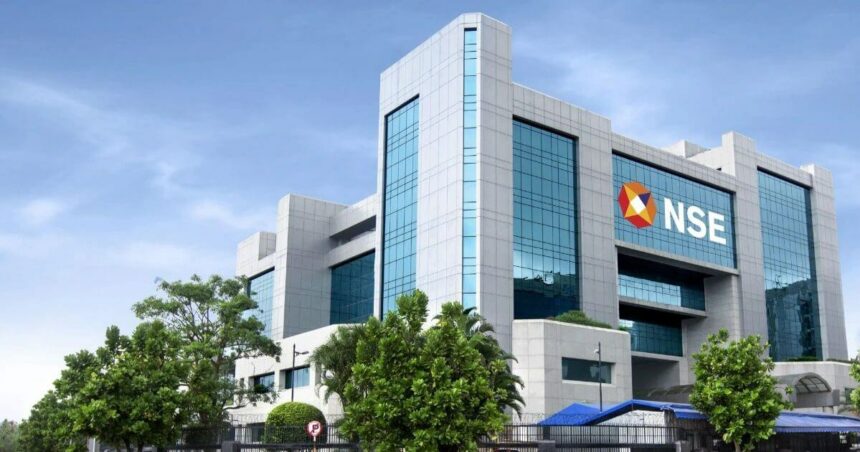Something extraordinary is definitely happening in India’s financial market right now. The National Stock Exchange (NSE) has just achieved what most companies can only dream of: a staggering 60% jump in valuation that has pushed its worth to an incredible $58 billion.
NSE Is Not Even Publically Listed
Here is what makes the story even more remarkable: NSE is not even publicly traded yet. This mind-blowing valuation is happening entirely in private markets, where wealthy investors and institutions are fighting overseas investors like they are the last concert tickets for their favourite band. The buying frenzy has become so intense that some dealers can’t even deliver the shares they have promised because sellers are backing out at the last minute, hoping to squeeze even more money from this golden opportunity.
The Big Number Behind NSE’s Success

The NSE has become a hot commodity among investors and big institutions. Why? Everyone’s betting on one thing: the exchange is likely to go public this year through an initial public offering. This excitement has created a buying frenzy that’s pushing prices through the roof.
Just how dramatic is this growth? The NSE’s valuation had already doubled to $36 billion by September, and now it has jumped another 60% to reach $58 billion. In private markets, individual shares are now selling for as much as ₹2000.
What Makes NSE So Special?
Here is something that might surprise you: NSE is the world’s biggest equity derivatives exchange. That’s a fancy way of saying that it is one of the largest platforms where people trade complex financial instruments based on stocks. With nearly 2.5 billion shares floating around in the private market, it is a massive operation.
The ownership structure is quite interesting, too. About 64% of NSE shares are held by public investors, including both local and foreign institutions, plus wealthy individuals. Major backers include heavyweight names like Life Insurance Corporation of India and the Canada Pension Plan Investment Board.
How Does It Compare Globally?

When we look at the global picture, NSE’s $58 billion valuation is nothing to sneeze at. It’s actually worth more than Nasdaq Inc., which might come as a surprise to many people. While it’s still behind Deutsche Boerse AG’s $62 billion market value, the gap is narrowing fast.
NSE first tried to go public back in 2016, but hit a major roadblock. India’s securities regulator launched an investigation into allegations that some high-speed traders were getting unfair advantages through the exchange’s co-location servers. This didn’t just delay the IPO, it resulted in a 6-month ban from the capital markets for NSE.
The exchange has been working hard to settle this legal dispute, which has been hanging over their heads for nearly a decade now. The progress on this front is one reason why investors are so optimistic about an IPO happening soon.
Fighting Back Against Competition
Let me tell you, NSE is not just sitting back and enjoying its valuation surge. The exchange has been losing market share to its listed competitor, BSE Limited, in recent years. However, CEO Ashish Kumar Chauhan recently told analysts and investors that,
“This decline has taken its course. To win back ground, NSE is planning a strategic move, changing the expiration day of its derivative contracts from Thursday to Tuesday.”
This might sound like a small change, but in the world of trading, timing can make all the difference.
What Does This Mean For Investors?
For everyday investors, NSE’s potential IPO represents a rare opportunity to own shares in the very platform where they trade stocks. It’s like a piece of the casino where you play, except in this case, the house has been winning big time.
The $58 billion valuation shows just how valuable India’s financial infrastructure has become, reflecting the country’s growing economic importance on the global stage.
Follow Us: Facebook | X | Instagram | YouTube | Pinterest












